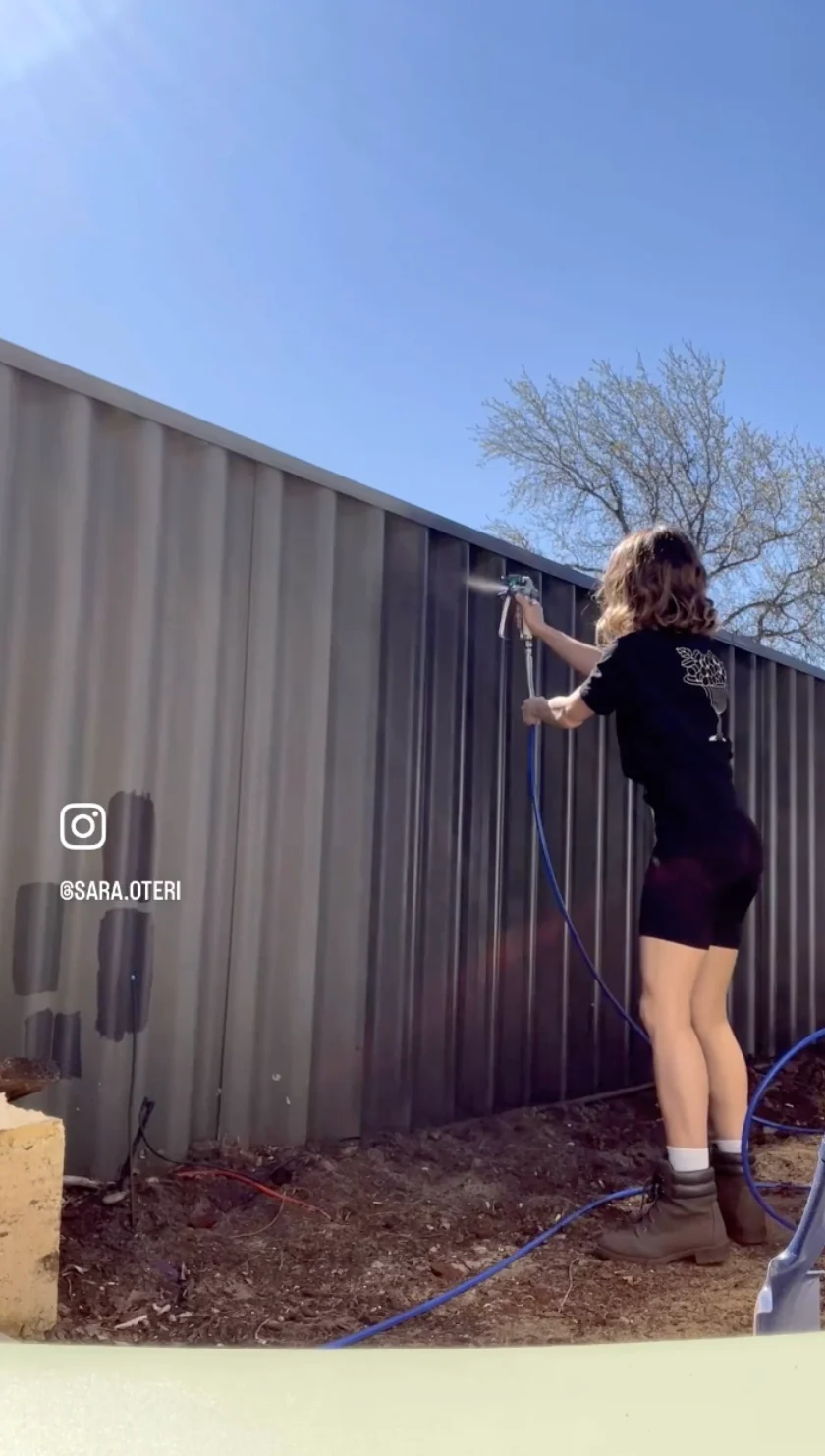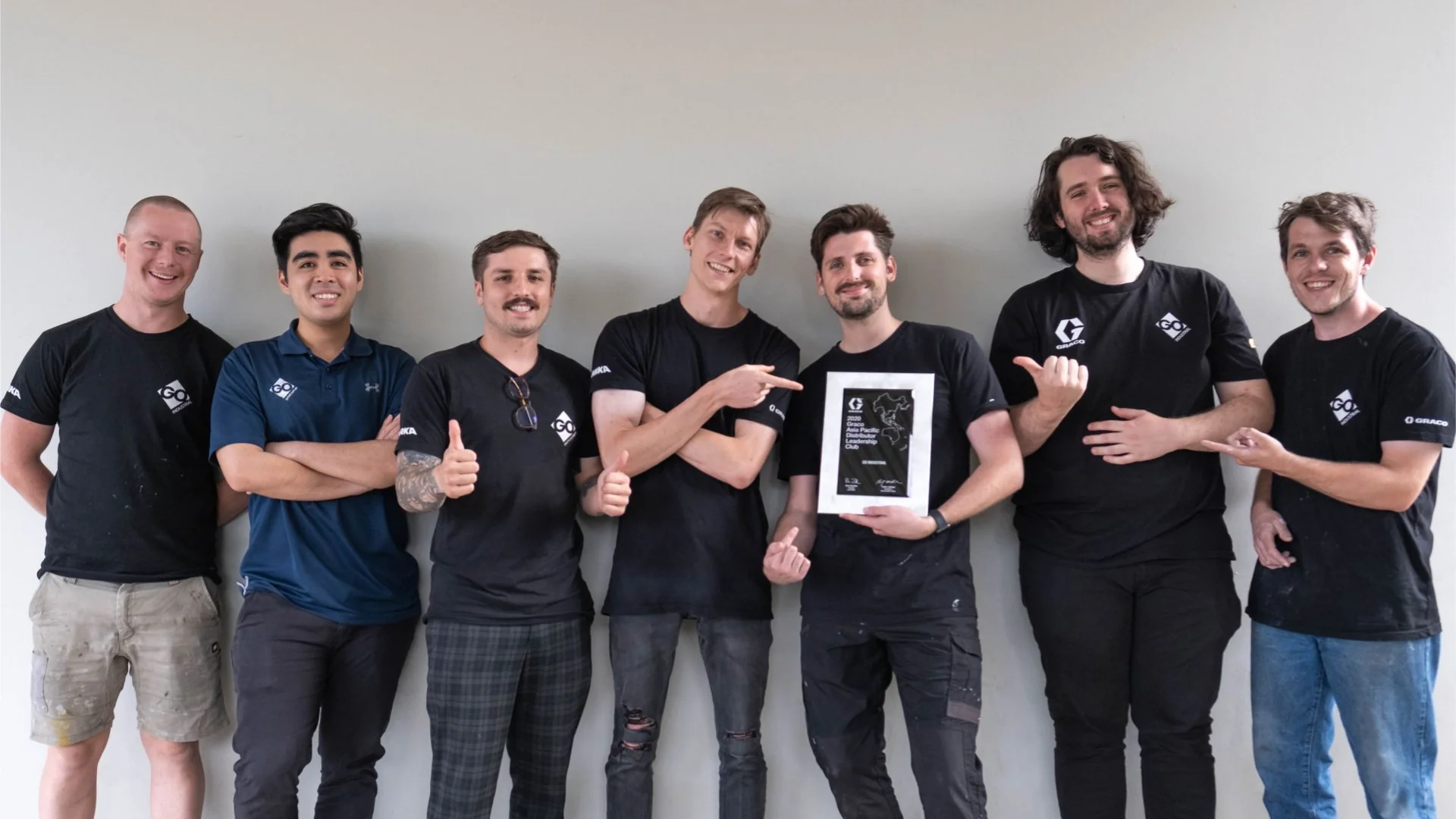More than just a tank
If you're like most people, the supply of diesel, petrol, adblue, or lubricant systems might not be your idea of a good time. So, let us take that pain off your shoulders and put it on ours. We're here to make the specification, purchase, installation, and ongoing maintenance of petroleum equipment from an operational necessity, to something easy and enjoyable.
We're a team of real people, who, with a combined forty-years plus years of experience, will work to cut the confusion, and get you the best value for your operational needs.
As a proud partner of brands like Graco, iFuel, Piusi and Total Control Systems (TCS) - among others - we assure you the best bang for your buck. Plus, with our passion for custom in-house fabrication, we can customise required equipment to your site requirements.
Self Bunded Tanks
250L-11,000L
Small scale, portable onsite refuelling
GO Containerised Self Bunded Tanks
12,000L-110,000L
Bulk onsite storage for home-based refuelling
GO Fuel and Service Trailers
Mobile refuelling and customised mobile servicing trailers.
GO Fuel Facility Maintenance & Repair
Let us look after your facilities with Australia-certified standards
10
The Magic 10
Now, we'll look after the details, but what do you actually need in a refuelling solution?
From Self Bunded Tanks, to Service Trailers to the humble 12V Diesel Pump, every system is viewed through the lens of 10 Key Components - what we call the Magic 10.
Every project has 10 essential components
 Tanks
Tanks
No surprises here, you need a tank.
GO supplies the highest quality self-bunded tanks. Sometimes known as double-walled, this is a tank design that employs a dual tank system where an inner tank is nestled inside the other that is 110% capacity. This is an optimal design to catch any leakages and is superior than a mere dual-walled tank.
This reduces the risk of contamination and environmental impact, and is thus ideal for Australian standards.
 Strainers
Strainers
Prevent damage and keep your equipment running.
Located before the pump, a strainer filters out any small solids, ensuring that no sediment or contaminants enter the fluid system.
This prevents damage, keeping your system going for longer.
 Pumps
Pumps
The beating heart of your system.
- What's your desired flow rate?
- How many hoses do you need?
- What power source is available?
These are the essential questions for any fluid system pump.
 Filtration
Filtration
Clean fuel saves money.
Filtration might not sound exciting, but it has the ability to save you a significant cost.
The simple reason is that dirty fuel reduces the burn efficiency in your engines.
This is outworked in two spheres: fuel filters and air-breathers.
 Metering
Metering
Protect your assets.
Know how much and when your fuel is used.
Capture dispensing transactions - either mechanically or electronically.
 Hoses
Hoses
The arm of fluid dispensing.
A relatively straightforward component, but no less important.
Here, your considerations include size, length, and retraction mechanism. Which, of course, depend o your operational needs.
 Nozzles
Nozzles
The connection point.
Are you a mining scenario? A marine, industrial, or agricultural?
Such scenarios require different nozzle types - particularly considering underground refuelling and safeguarding systems.
 Fluids Management
Fluids Management
Knowledge is power.
If metering records how much fluid is dispensed, the fuel management system (FMS) records where that fuel goes.
 Tank Gauging
Tank Gauging
How much is in there?
A simple but priceless convenience.
No need to climb atop your tank and dip, the tank gauge will tell you the status of your fuel with both local and remote options.
 Spill Control
Spill Control
Plan for the accidental.
Accidents happen, fuel gets spilt.
It's essential to be proactive in preparation. Have spill kits on hand compliant with Australian standards.
Need a Quote?
Join 190+ Happy GOers
- Choosing a selection results in a full page refresh.
- Opens in a new window.









